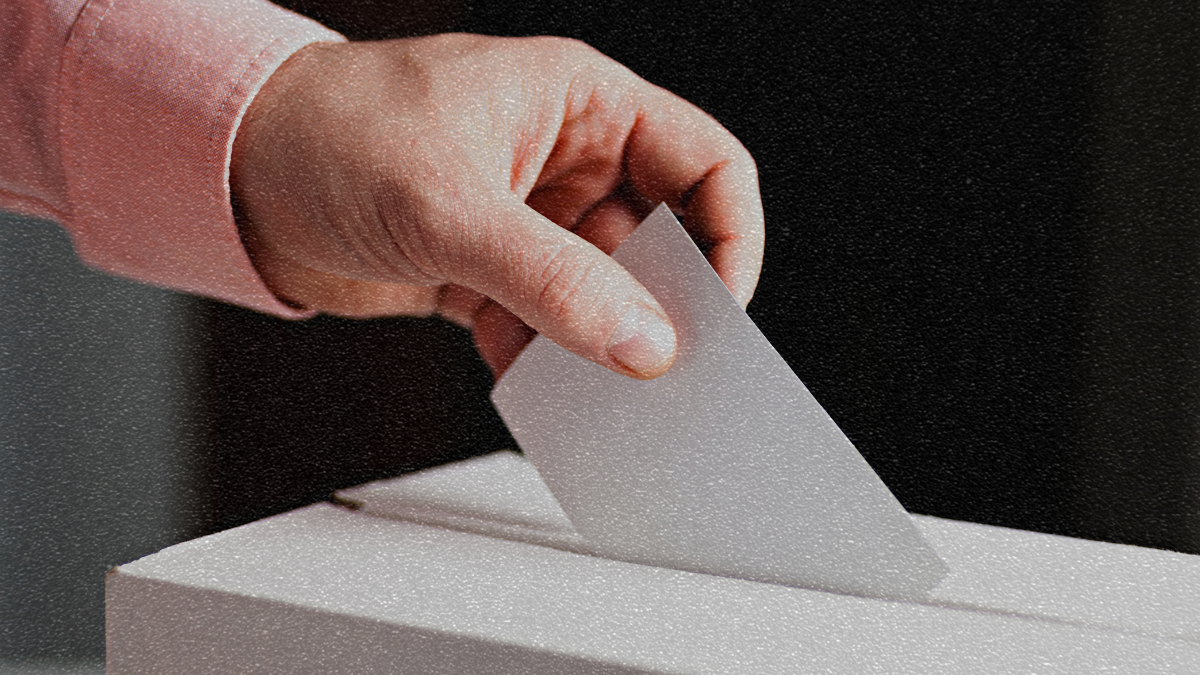Source: Associated Press
North Carolina’s disenfranchisement laws, which bar individuals convicted of felonies from voting until certain conditions are met and make it a serious crime for someone to vote while still on probation or parole for a felony conviction, continue to cast a long shadow over the state’s political landscape.
Despite recent legal challenges, many formerly incarcerated citizens remain unable to exercise their fundamental right to vote. However, organizations like Action NC and the A. Philip Randolph Institute (APRI) are waging a determined battle to secure the franchise for these marginalized people, The Associated Press reported.
The recent lawsuit filed by Action NC and APRI challenges a provision in North Carolina’s Constitution that prohibits people convicted of felonies from voting until their rights of citizenship are restored “in the manner prescribed by law.” This requirement, implemented in the late 19th century as a form of voter suppression targeting Black communities, has disenfranchised hundreds of thousands of North Carolinians – including close to 60,000 as of 2023 – a disproportionately high number of whom are Black.
According to the AP, lawyers for the State Board of Elections and for district attorneys who were sued said that while it’s “undisputed” that predecessors to the law were enacted in the late 1800s to prevent Black residents from voting, there’s no evidence that the current law is still biased against Black voters.
State law and a recent court ruling say that a convicted felon can’t vote again until they complete their punishments, which include incarceration, probation and other close supervision. Courts can extend the terms of the probation – thus delaying the restoration of a person’s voting rights – if related fines, court costs or restitution aren’t paid. According to the State Board of Elections, the length of probation is limited and probation will eventually end even if financial obligations aren’t met.
Although the Republican-controlled General Assembly changed part of the law to specify that a felony offender has to know they were breaking the law by voting for there to be a crime, the lawsuit has continued. Without that change, which went into effect Jan. 1, a person could be prosecuted even if casting a ballot was an unintentional mistake.
Lawyers for Action NC and APRI, which are involved in voter-education efforts in North Carolina, said the change wasn’t good enough because it doesn’t apply retroactively — meaning local district attorneys can still prosecute more than 200 cases of potential illegal voting in previous elections that they are reviewing.





